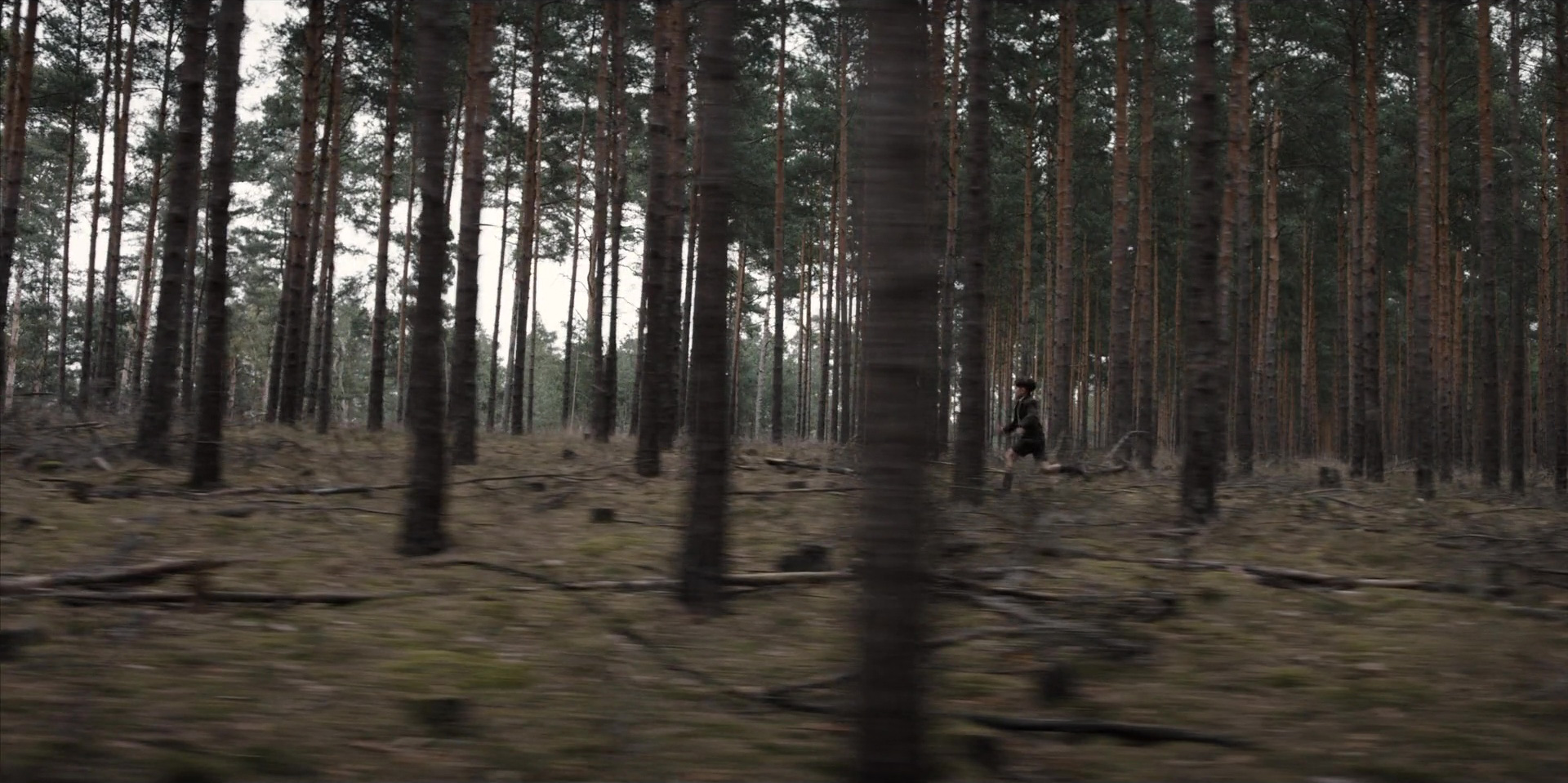Helter Skelter
Date:
December 15, 2022
Helter Skelter

Helter Skelter
by Paul Vincent de Lestrade
Need Productions | Belgium
Live-action feature | 1st feature
Logline
Eva (14) was raised in an alt-right group by a single father who taught her all she knows and whom she admires more than anything – until death suddenly intrudes into her life.
Synopsis
In its most literal English translation, ‘Helter Skelter’ is a toboggan that children hurtle down with enthusiasm and a touch of apprehension. ‘Helter Skelter’ is a vertiginous slope that only accelerates until it takes off or crashes. It was in this spirit that I conceived the story and the events that will turn Eva’s life upside down.
The story of this 14-year-old teenager takes place where Belgium, France and Luxembourg meet. A region of forests devastated by logging and haunted by the ghosts of metal factories.
This is where Eva grew up, immersed in the ultra-right ideology that her father, Arnaud, instilled in her from birth.
Eva repeats what the adults say, which she knows almost by heart, but she is still a child caught up in a fusional relationship with a father she admires.
That summer, Eva got closer to Maxence, a teenager who works for her father. But the ideology she has grown up with soon comes up against the teenager’s incomprehension.
Arnaud and the small group to which he belongs are planning a sabotage operation in which Eva takes part. Eva’s world is turned upside down when she realises that she was one of the cogs in a terrorist action that led to someone’s death. What was still abstract to her becomes brutally real and Eva is caught between a moral question and her allegiance to her father.
Maxence, who has realised that something serious has happened, urges her to confide in the police. Like a hunted animal, she rejects him violently, seeing him as a threat.
When something dramatic happens, Arnaud takes his daughter on a hopeless run, pursued by the police and abandoned by the group.
The figure of the protective father collapses when he urges her not to betray him, to stay by his side, come what may. Terrified, Eva is a prisoner of her own father.
Eva will have to make an adult choice to save herself and prevent her father from killing again.
Director’s Profile
After completing a degree in cinema at the Sorbonne (FR), during which time he worked as a film critic for various student media, Paul Vincent de Lestrade entered INSAS (BE) to study directing. Whether in his school films (VISAGES and RESPIRE) or UN BON GARÇON (to date, 47 festival selections and 23 awards), he has developed a style of directing that places the expressiveness of bodies at the centre of the narrative. CAGE, his second short film, which he is shooting this summer, and HELTER SKELTER, his first feature film, are conceived in this vein, with characters grappling with an obsessive dilemma that puts their whole bodies under tension in order to emancipate themselves from a world that traps them.
Company Profile
Need Productions is a Brussels-based Belgian production company founded in 1999. Since it was founded, Need Productions has produced and co-produced some sixty films that have won awards at A-list festivals around the world. The company’s DNA is both the development of young talent in its own territory and its commitment to international co-productions.
In 2014, Géraldine Sprimont and Anne-Laure Guégan took over the reins of the company and breathed new life into it, not least by extending their collaboration to new territories.
Anne-Laure and Géraldine are graduates of SERIE WOMEN (2022), EAVE and EAVE-PUENTES (2016 and 2018), EURODOC (2016 and 2022), GREEN FILM LAB (EAVE_TorinoFilmLab).
Identified in its home territory (French-speaking Belgium) as one of the most active and award-winning companies, Need Productions has received particular attention from national funding bodies: cultural funds, economic funds, regional funds and broadcasters.
As producers, and ever since they took over the reins of the company, Anne-Laure Guégan and Géraldine Sprimont have chosen in tandem the projects to which they commit themselves, and pay particular attention to ensuring that their editorial choices are representative of their values, in order to support the stories of a society that denounces its excessive inequalities, its excluding patterns, its unknown or forgotten parts.



